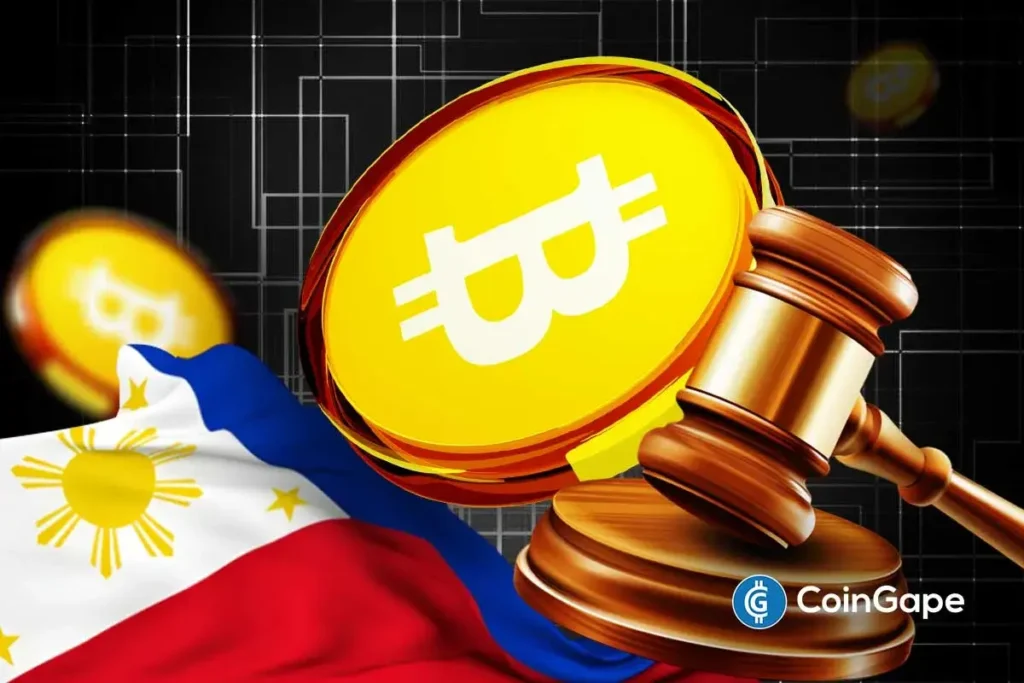The Philippines Takes a Bold Step Towards a National Bitcoin Reserve
The proposal to establish a strategic Bitcoin reserve in the Philippines marks a significant shift in the nation’s approach to cryptocurrency adoption. Spearheaded by House ICT Committee chairperson Migz Villafuerte, this initiative is part of a broader worldwide trend as nations explore the integration of digital assets into their financial frameworks. The proposed Strategic Bitcoin Reserve Act (House Bill 421) envisions the Bangko Sentral ng Pilipinas (BSP) acquiring 2,000 BTC annually for a span of five years. This strategic move aims to diversify the Philippines’ financial assets, bolster economic security, and ensure that the nation capitalizes on the burgeoning cryptocurrency economy.
Economic Diversification and Stability
Villafuerte argues that stockpiling Bitcoin is a crucial step in achieving financial stability for the Philippines. With Bitcoin’s remarkable compound annual growth rate of approximately 40% over the past five years, the potential for growth is evident. By holding these digital assets in trust for two decades, the BSP could position itself to reinforce the country’s financial foundation, making it resilient to economic shocks. The proposed bill reflects not only a forward-looking strategy for asset diversification but also a commitment to leveraging emerging financial technologies for national interests.
Global Trends in Cryptocurrency Reserves
The push for a national Bitcoin reserve in the Philippines mirrors ongoing discussions in various jurisdictions worldwide. Countries like Switzerland and Poland are considering incorporating Bitcoin into their official reserves, while Hong Kong’s legislator Wu Jiezhuang has vocally supported such initiatives. These developments underscore a growing recognition of Bitcoin as a strategic asset. Furthermore, as China continues to sell off seized Bitcoin to address its funding shortfalls, the international community is keenly observing how other nations adapt and respond to these evolving market dynamics.
The U.S. Debate on Strategic Bitcoin Reserves
In the United States, the conversation is similar. A comprehensive crypto policy report published by the White House post a review period under former President Donald Trump examined the feasibility of a Strategic Bitcoin Reserve, potentially tapping into the nearly 200,000 Bitcoin seized by federal agencies. Analysts suggest that recognizing Bitcoin as a vital national asset could significantly uplift market conditions. The ongoing discourse in the U.S. highlights the urgency for governments to reassess their strategies concerning digital currencies, especially as other nations take decisive steps forward.
Japan’s Institutional Adoptions and Comparisons
Japan’s Metaplanet serves as a noteworthy example of institutional adoption analogous to the Philippines’ proposal. The company recently increased its holdings to 18,888 BTC, affirming its status among the largest institutional Bitcoin holders globally. Such strategic movements by corporations and nations alike illustrate the growing trend of integrating Bitcoin into traditional financial frameworks, raising essential questions about how this will impact global economics in the long term.
A Pioneering Move for the Philippines
If approved, the Philippines could emerge as a trailblazer in Asia, being among the first countries to include Bitcoin in its national reserves. This pioneering move could not only have far-reaching implications for the nation’s economy but also position it securely within the global cryptocurrency landscape. As the proposed bill gains attention, it challenges conventional paradigms and addresses the necessary evolution of economic policies to include digital assets.
Conclusion: The Future of Cryptocurrency in National Economies
As countries worldwide explore the integration of cryptocurrencies, the Philippines’ proposed Strategic Bitcoin Reserve signifies a forward-thinking approach to economic resilience and innovation. This initiative could serve as a model for other nations grappling with the transformative impacts of digital currencies. As the dialogue around cryptocurrencies becomes more prevalent, the Philippines stands poised to embrace this change, ensuring that it not only keeps pace with global trends but also capitalizes on the opportunities presented by the evolving financial landscape.


